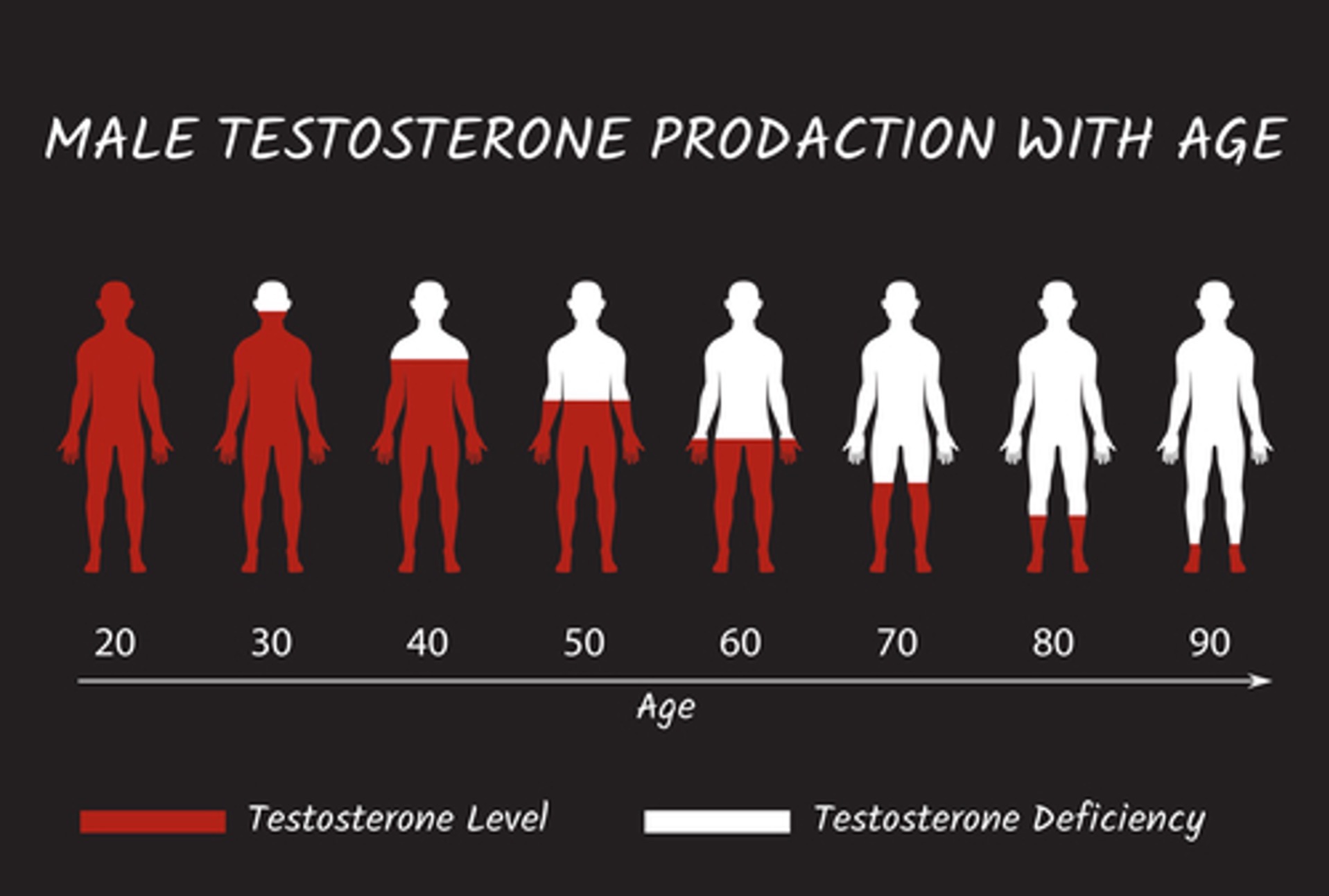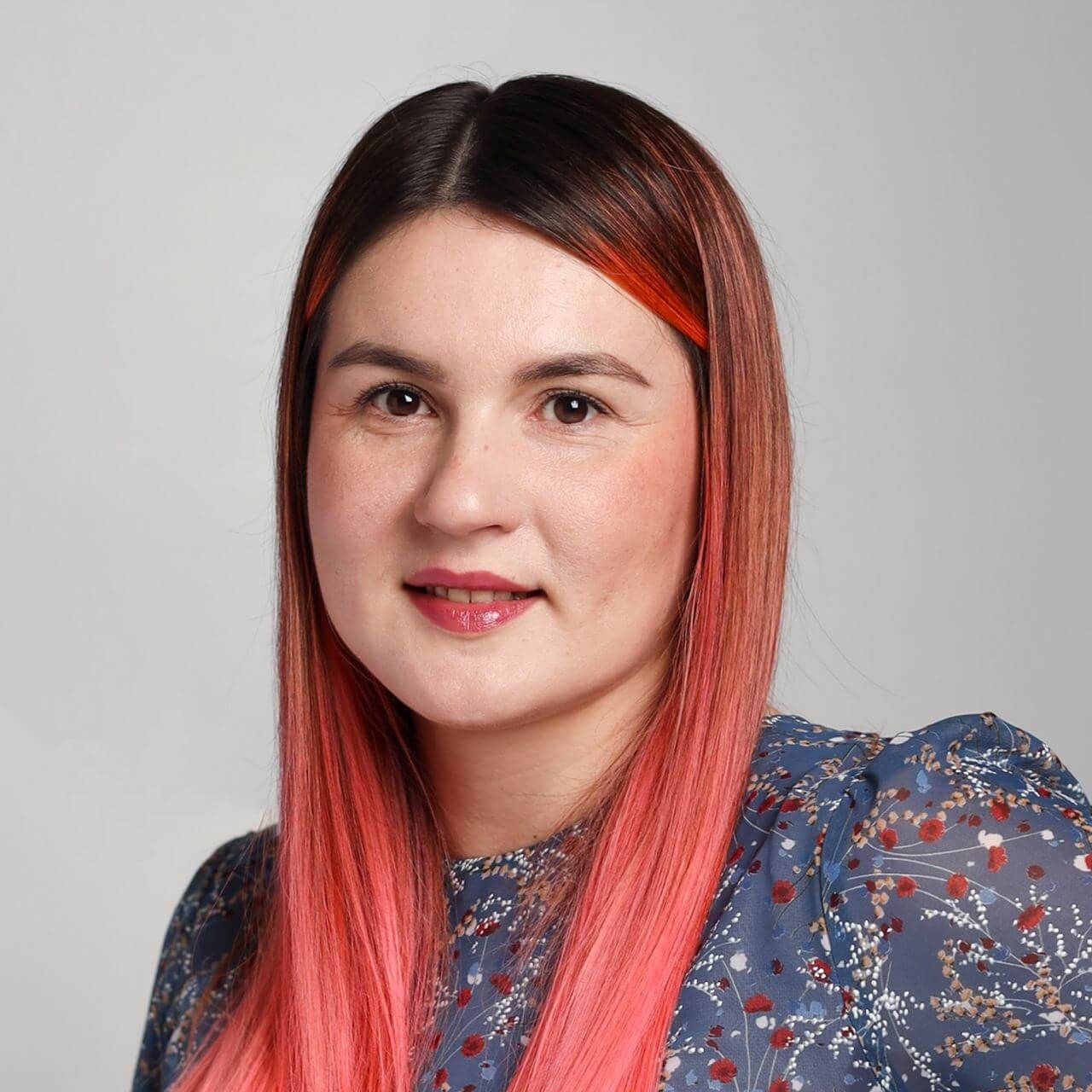- First Signs: How To Understand That Male Menopause Is Starting
- Why Testosterone Decreases
- What is the Difference Between Andropause and Menopause
- How Age Affects Sex Drive
- Physical And Psycho-emotional Changes With Decreased Testosterone
- Diagnostics: What Tests to Take
- How to Slow Down the Process: What Really Helps
- Conclusion
Andropause: The Male Menopause That Is Not Usually Talked About. How To Maintain Strength And Energy After 40
-
Published:20 May 2025
-
Updated:20 May 2025

The male body after 40 years begins to gradually change - first of all, the level of testosterone, the main hormone responsible for strength, endurance, libido, and emotional stability, decreases. Unlike female menopause, in men, this process is not abrupt, but slow and barely noticeable, sometimes stretching out for decades. The main reasons are age-related changes in the hypothalamus, pituitary gland, and testicles, as well as the effects of stress, bad habits, and chronic diseases.
Andropause does not mean the end of an active life, but its signs cannot be ignored. With timely attention to yourself, lifestyle adjustments and, if necessary, medical support, a man can feel cheerful and confident even at 60 and older.
First Signs: How To Understand That Male Menopause Is Starting
The symptoms of andropause creep up on you unnoticed: fatigue, irritability, loss of interest in life are easy to attribute to workload or stress. But if there are several of these symptoms and they do not go away over time, this may indicate a hormonal imbalance.
Typical signs:
- Constant fatigue, even after sleep and rest.
- Mood swings, outbursts of irritation, anxiety.
- Sleep problems - insomnia, frequent awakenings.
- Weakened erections and libido.
- Concentration problems, forgetfulness.
- Weight gain (especially in the abdominal area), loss of muscle mass.
- Sudden hot flashes and sweating, especially at night.
- Loss of interest in work, hobbies, and communication.
It is important to understand: if one or two symptoms appear against the background of stress, this is normal. But if they last for six months or more, it is worth undergoing an examination and taking a testosterone test. Timely detection helps to avoid deterioration in health and maintain a high quality of life.

Why Testosterone Decreases
After 30-35 years, the level of the male hormone begins to decrease by about 1-2% per year. This is a natural process associated with the weakening of the function of the testicles and changes in the functioning of the hypothalamus and pituitary gland, which are responsible for hormonal levels. With age, signals from the brain to the organs are produced less efficiently, and testosterone synthesis decreases.
In addition to age factors, hormonal levels are affected by lifestyle. Constant stress increases the level of cortisol, which suppresses testosterone production. Lack of sleep, sedentary lifestyle, poor diet, smoking, and alcohol only accelerate the process. Even the environment plays a role - for example, bisphenol-A in plastic can interfere with hormonal regulation.
The good news is that the male body does not stop producing testosterone completely, and the hormone level can be stabilized without medication with the help of physical exercise, normalizing sleep and nutrition, and reducing stress. And if the testosterone level is critically low, the doctor can prescribe hormone replacement therapy - but only after a full examination.
What is the Difference Between Andropause and Menopause
Although both conditions are associated with age-related changes in the hormonal system, there are fundamental differences between them:
- In women, menopause occurs quickly - in 1-2 years, while in men, the decrease in testosterone stretches out over decades.
- In women, estrogens stop being produced completely, and in men, testosterone simply decreases, but does not disappear.
- Women lose the ability to bear children, and men can remain fertile, although with a lower probability.
- In women, menopause usually occurs at 45–55 years of age, while in men, the first signs may appear after 35.
Female menopause is almost always accompanied by pronounced symptoms: hot flashes, insomnia, brittle bones. In men, the picture is individual a third do not have any noticeable symptoms at all. There are also different approaches to treatment: hormone replacement therapy is used much more often in women, while it is prescribed to men with caution and only in cases of pronounced hormone deficiency.
How Age Affects Sex Drive
After 40-45 years, men often notice that their sexual drive has become less intense and spontaneous. However, a decrease in libido is associated not only with testosterone levels. It is also affected by vascular changes, chronic diseases (hypertension, diabetes), emotional state, and even side effects from medications.
However, with an active lifestyle, a strong relationship with a partner, and the absence of serious diseases, men maintain a high quality of intimate life until old age. The main thing is to stay in shape, be open in relationships, and take care of your health.

Physical And Psycho-emotional Changes With Decreased Testosterone
Hormonal changes affect not only libido. Many men during andropause complain of a loss of strength, irritability, and loss of interest in life. The production of serotonin and dopamine is disrupted, which causes depression and anxiety. In addition, constant fatigue does not go away even after rest.
Physically manifested by weight gain, muscle weakness, and decreased endurance. Metabolism slows down, and adipose tissue begins to "interfere" with the hormonal background, aggravating testosterone deficiency. The more fat, the lower the hormone level, and vice versa.
All this can draw a man into a vicious circle: weakness → decreased activity → deterioration of metabolism → depression. But there is a way out: regular training (especially strength training), balanced nutrition, work with stress (meditation, hobbies, psychologist), and good sleep.
Diagnostics: What Tests to Take
If you suspect that the symptoms are related to hormonal changes, you need to undergo an examination. The main analysis is testosterone (total and free), taken in the morning, when the level is at its peak. Additionally, the doctor may prescribe:
- Blood biochemistry (glucose, cholesterol, liver enzymes).
- Hormonal profile (LH, FSH, prolactin, estradiol, SHBG).
- Glycated hemoglobin to rule out diabetes.
- Prostate ultrasound when planning therapy.
- Densitometry to assess bone density.
It is important not to self-diagnose; only a specialist can interpret the results correctly, taking into account age, hormone ratios, and symptoms.
How to Slow Down the Process: What Really Helps
What will help keep testosterone at a decent level?
- Physical exercise. Strength training 3-4 times a week is the best way to stimulate hormone production. Squats, bench presses, and deadlifts are the classic exercises.
- Good nutrition. You need: zinc (pumpkin seeds, oysters), magnesium (nuts, spinach), vitamin D (eggs, fatty fish), healthy fats (olive oil, avocado). Sugar and fast food into the firebox.
- Stress reduction. Meditation, breathing exercises, good sleep (7-8 hours), and walks. The lower the cortisol, the higher the testosterone.
- Quitting bad habits. Alcohol and smoking inhibit hormone production and impair blood circulation.
- Taking supplements. Ashwagandha, tribulus, vitamin D3 with K2 are soft natural stimulants.
- Hormone therapy - only as prescribed by a doctor. If the testosterone level is below 12 nmol/l and there are confirmed symptoms, the doctor may recommend replacement therapy.
Conclusion
Andropause is not a death sentence or the end of male energy. This is a new phase of life that requires a conscious approach to your health. Attention to the body, physical activity, proper nutrition, and calmness are the basis of vitality after 40.
Take the first step today: replace your evening pizza with a light dinner, take a 20-minute walk, and go to bed on time. In three months, you will feel the difference, and in six months, you will not even remember about "age". The main thing is not to wait, but to start acting.
Testosterone and Depression in Aging Men (https://www.sciencedirect.com/science/article/pii/S1064748112611798), By Stuart N. Seidman M.D., B. Timothy Walsh M.D. Accessed 15 May 2025.
The relationship between libido and testosterone levels in aging men (https://pubmed.ncbi.nlm.nih.gov/16670164/), J Clin Endocrinol Metab. 2006 Jul;91(7):2509-13. doi: 10.1210/jc.2005-2508. Epub 2006 May 2. By Thomas G Travison, John E Morley, Andre B Araujo, Amy B O'Donnell, John B McKinlay. Accessed 15 May 2025.
Testosterone therapy boosts sexual function and mood in older men (https://news.yale.edu/2016/02/17/testosterone-therapy-boosts-sexual-function-and-mood-older-men). Feb 17, 2016, By Ziba Kashef. Accessed 15 May 2025.
Testosterone Therapy Improves Sexual Interest, Function in Older Men (https://www.endocrine.org/news-and-advocacy/news-room/2016/testosterone-therapy-improves-sexual-interest-function-in-older-men), June 29, 2016. Accessed 15 May 2025.
What Is Male Menopause? (https://www.healthline.com/health/menopause/male), by Brian Krans, Updated on April 13, 2023. Accessed 15 May 2025.
In this article
- First Signs: How To Understand That Male Menopause Is Starting
- Why Testosterone Decreases
- What is the Difference Between Andropause and Menopause
- How Age Affects Sex Drive
- Physical And Psycho-emotional Changes With Decreased Testosterone
- Diagnostics: What Tests to Take
- How to Slow Down the Process: What Really Helps
- Conclusion







.svg)
.svg)
